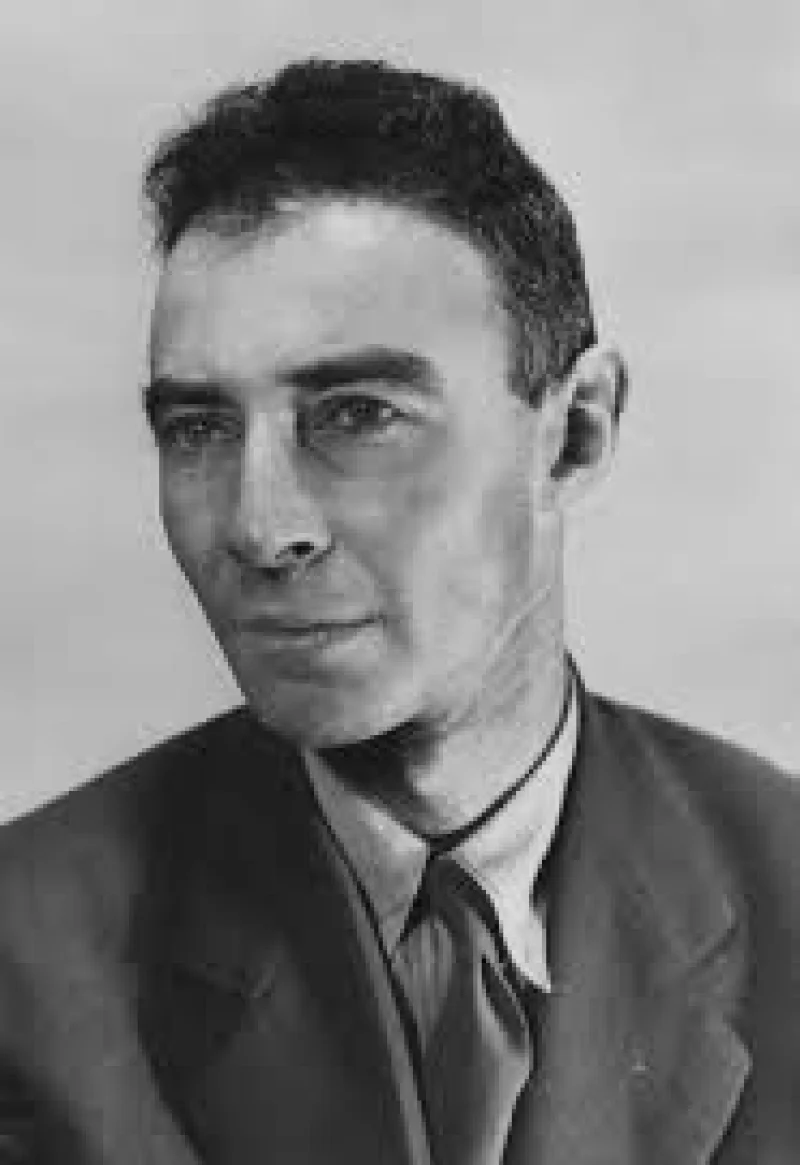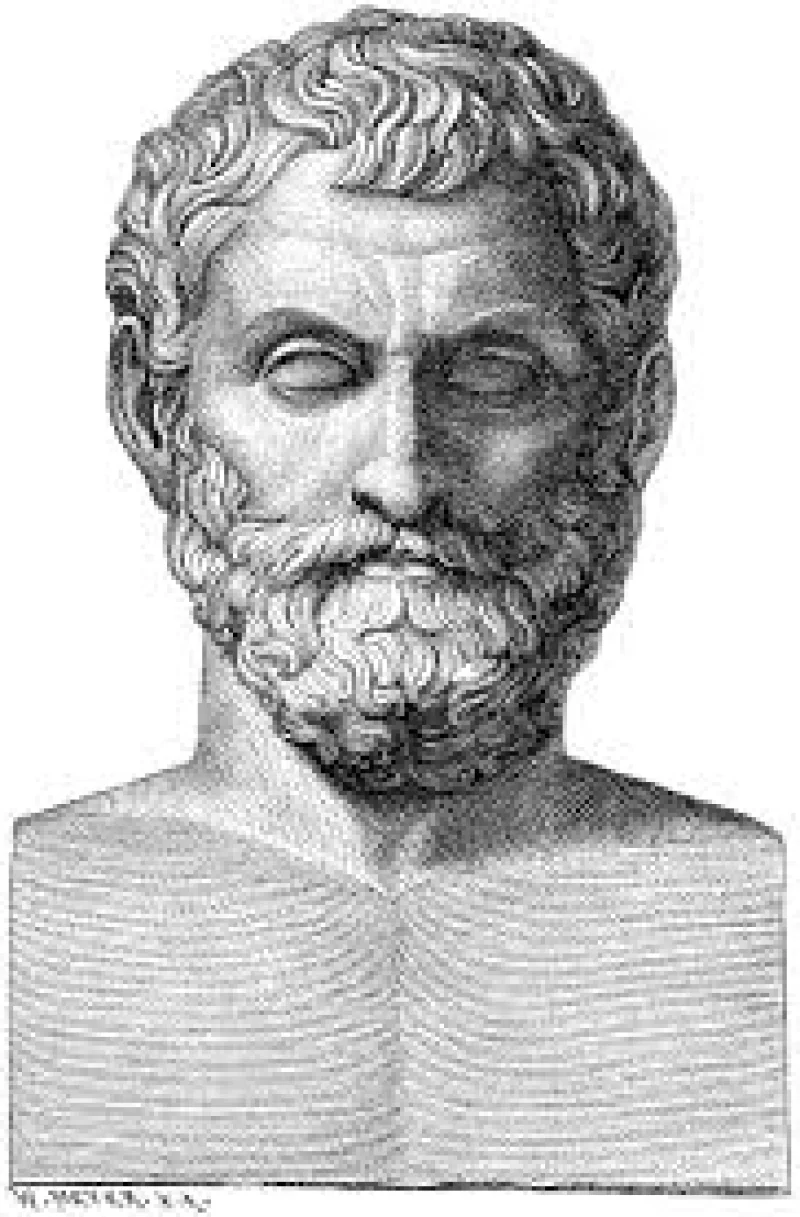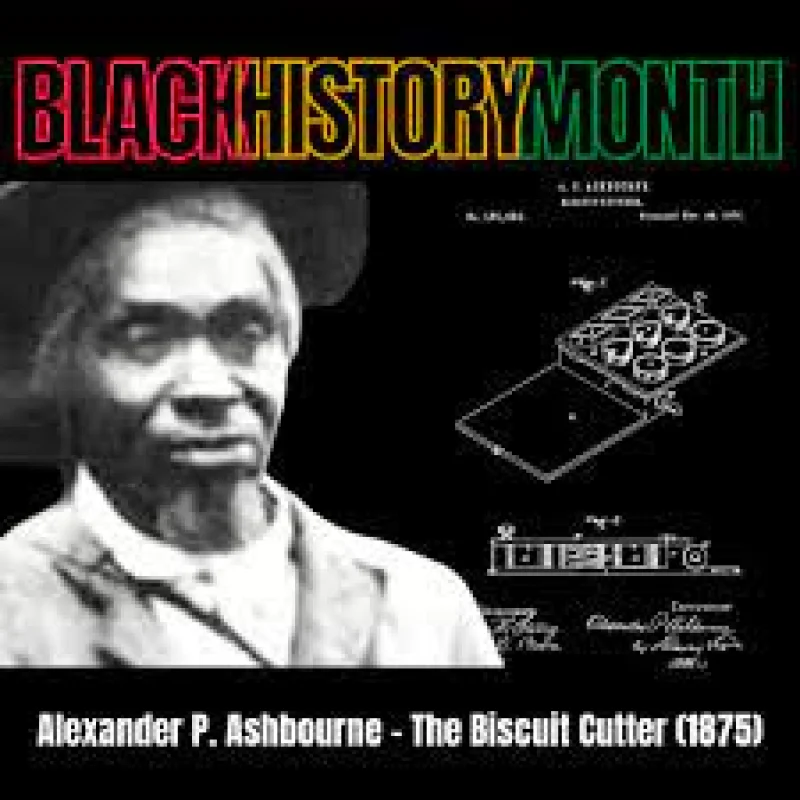Short Summary
J. Robert Oppenheimer was a prominent American theoretical physicist best known for his role as the scientific director of the Manhattan Project, the World War II undertaking that developed the first nuclear weapons. Oppenheimer's leadership and expertise were pivotal in the successful creation of the atomic bomb, marking a significant turning point in modern warfare and international relations. His contributions to science and his later advocacy for nuclear disarmament have made him an enduring figure in both scientific and political history.
Early Life & Education
Born on April 22, 1904, in New York City, J. Robert Oppenheimer was the son of a wealthy textile importer and an artist. He displayed an early aptitude for science and mathematics, attending the Ethical Culture School, where his interests in physics and chemistry flourished. He pursued higher education at Harvard University, completing his undergraduate degree in just three years. Oppenheimer continued his studies at the University of Cambridge and later at the University of Göttingen in Germany, where he earned a Ph.D. in physics. His education was influenced by prominent physicists, including Max Born, who shaped his understanding of quantum mechanics.
Career Highlights
Oppenheimer began his academic career as a professor at the University of California, Berkeley, where he established himself as a leading figure in theoretical physics. During World War II, he was appointed as the scientific director of the Manhattan Project, leading a team of scientists at Los Alamos National Laboratory to develop the atomic bomb. After the war, he became the chairman of the General Advisory Committee of the Atomic Energy Commission, where he advocated for international control of nuclear power and opposed the development of the hydrogen bomb. Oppenheimer’s career was later marred by controversy during the McCarthy era, leading to the revocation of his security clearance.
Major Achievements
- Directed the Manhattan Project, leading to the development of the first atomic bombs used in warfare.
- Pioneered advancements in quantum mechanics, contributing significantly to the understanding of atomic structure.
- Served as a key scientific advisor to the U.S. government on nuclear policy post-World War II.
Famous Quotes
- "I am become Death, the destroyer of worlds."
- "In some sort of crude sense, which no vulgarity, no humor, no overstatement can quite extinguish, the physicists have known sin; and this is a knowledge which they cannot lose."
Interesting Facts
- Oppenheimer was known for his diverse interests, including a passion for literature and languages, and he could read several languages fluently.
- His interest in Eastern philosophy influenced his worldview and was reflected in his famous quotes.
- Despite his pivotal role in the development of nuclear weapons, he later became a proponent of nuclear disarmament and control.
Legacy / Influence
Oppenheimer's legacy is marked by his dual role as a creator and critic of nuclear weapons. His contributions to physics and his leadership of the Manhattan Project have had a lasting impact on science, warfare, and global politics. His later advocacy for arms control and international cooperation in nuclear policy continues to influence debates on nuclear disarmament and non-proliferation.
FAQ
Q: Why is this person famous?
A: J. Robert Oppenheimer is famous for his leadership of the Manhattan Project, which developed the first atomic bombs during World War II.
Q: What was Oppenheimer's role in the Manhattan Project?
A: He served as the scientific director, leading the development and testing of the atomic bomb at Los Alamos National Laboratory.
Q: Did Oppenheimer support nuclear weapons after the war?
A: No, he advocated for nuclear disarmament and opposed the development of the hydrogen bomb.












